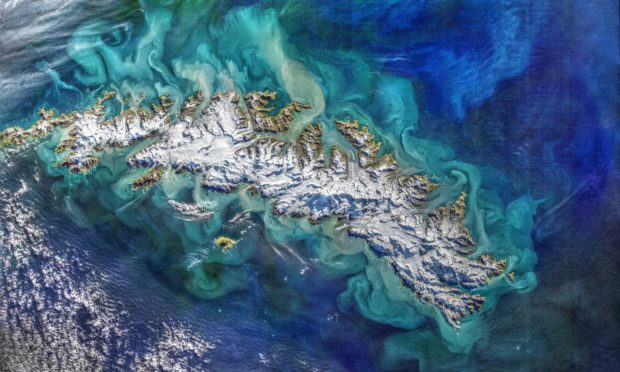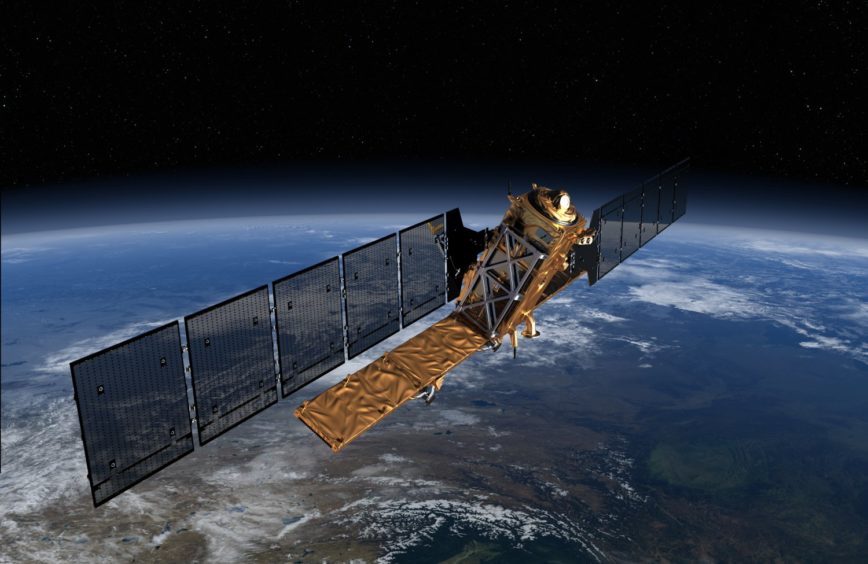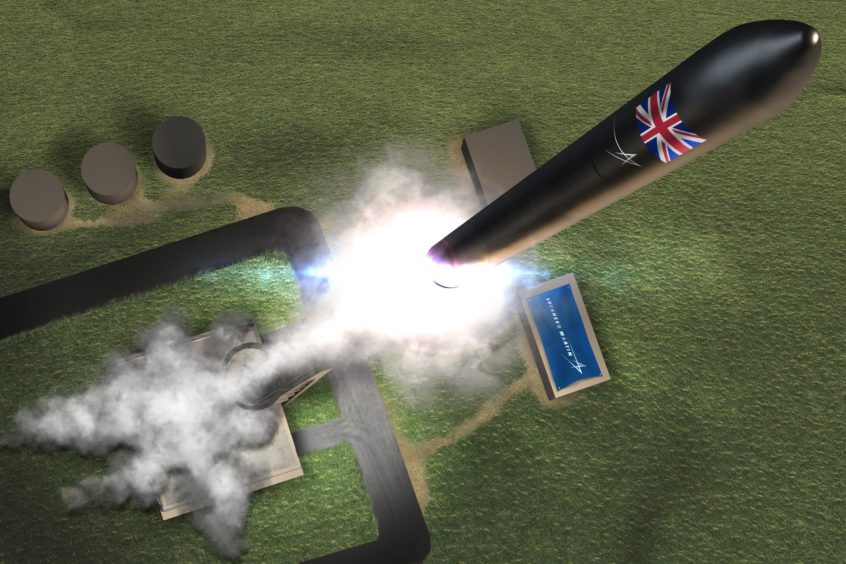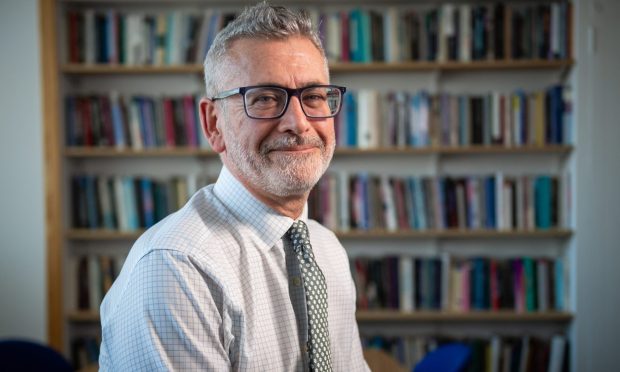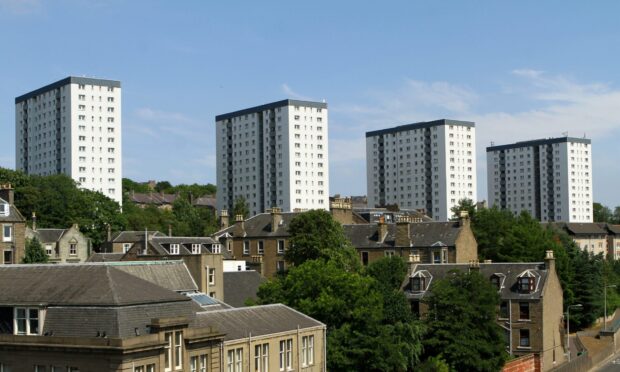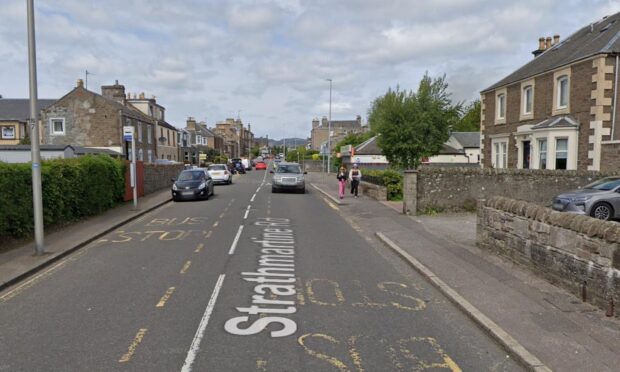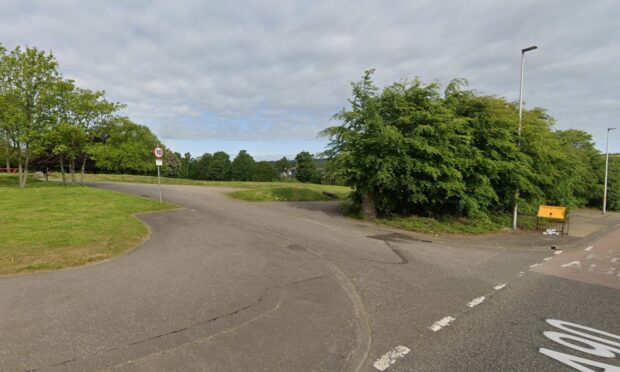A NASA scientist claims Scotland’s booming space industry will be “significantly weakened” if plans for a satellite monitoring facility in Perthshire are rejected.
In a letter to planners at Perth and Kinross Council, Dr Gene Carl Feldman has thrown his weight behind proposals for the facility at former RAF Errol Airfield.
The oceanographer, who is based at NASA’s Goddard Space Flight Centre near Washington DC, said the facility provides invaluable support to many of its spacecrafts.
The Dundee University station, currently being decommissioned, has been recording and storing images of the planet, taken from orbit, since 1978.
It helps meteorologists and the space industry while supporting research into climate change.
Dr Feldman, writing in a personal capacity and not as a NASA official, said: “The Dundee staff and station has played a critical role in providing support during our ongoing commissioning of the recently launched and Scotland-built SeaHawk CubeSat spacecraft that NASA is a partner in.
“Dundee’s extensive experience in satellite communications was called on in the early days after launch and just last week, they stepped in to help us successfully and quickly resolve a problem that we were having.
“It is this expertise that along with the antenna station that they are proposing to construct, that will greatly benefit the newly emerging Scottish space industry.
“There is no other group that possesses the technical expertise, the years of experience and based on my interactions with them, the absolute dedication to make sure that any endeavour they may be partnered with will succeed.”
It comes as the Scottish space industry continues to grow at pace.
More satellites are built in Glasgow than anywhere else in Europe, and more than 80 UK space industry firms have headquarters located in Scotland.
Together, they generate more than £140 million in income for the Scottish economy.
The majority of those produced are CubeSats — essentially miniature satellites measuring 10 × 10 cm2.
The UK’s first spaceport could also soon be built in the Scottish Highlands in Sutherland.
Orbital rockets measuring around 60ft in length would be launched from the facility.
Dr Feldman added: “It is my opinion that the Scottish space industry will be significantly weakened if this planning application is denied and therefore I strongly encourage the council to grant it permission so that they can resume the important work that they have carried out for the benefit of humankind for so many years.”
The application is for the former Dundee Satellite Receiving Station’s (DSRS) move from its previous home atop one of Dundee University’s buildings in the city centre.
It is currently being decommissioned after a Natural Environment Research Council (NERC) funding cut of £338,000 forced the university to withdraw its support.
